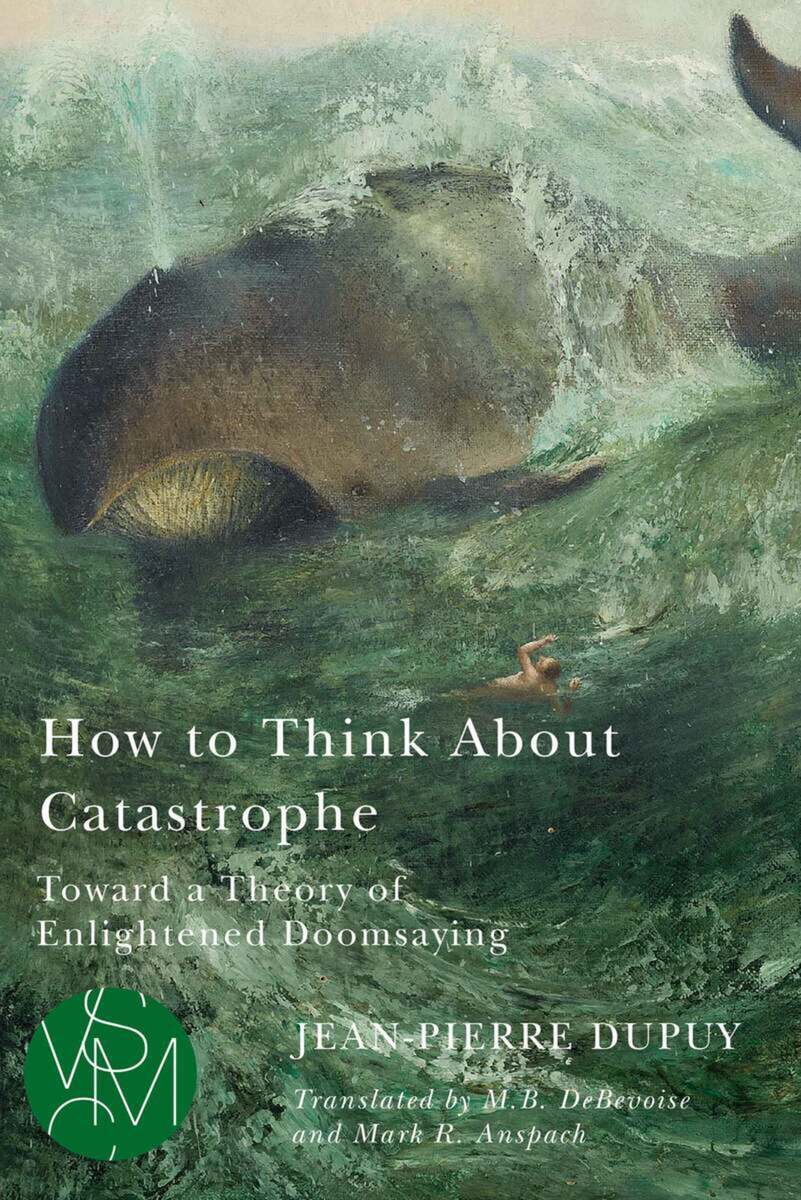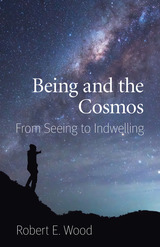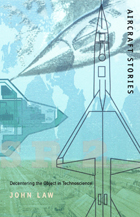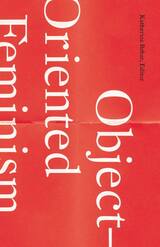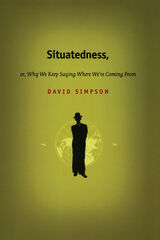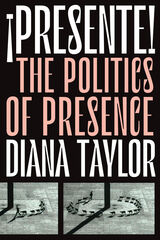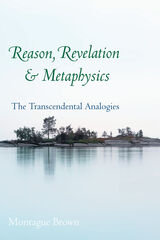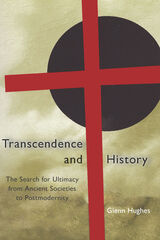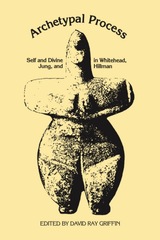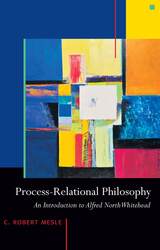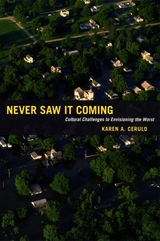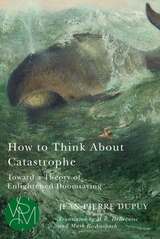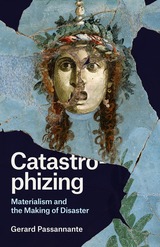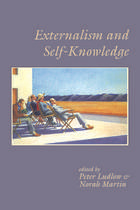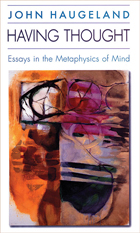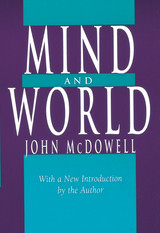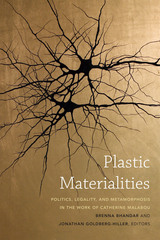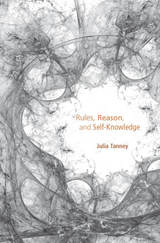How to Think About Catastrophe: Toward a Theory of Enlightened Doomsaying
Michigan State University Press, 2022
Paper: 978-1-61186-436-6 | eISBN: 978-1-62895-474-6 (ePub NK) | eISBN: 978-1-62896-468-4 (Kindle) | eISBN: 978-1-60917-706-5 (PDF)
Library of Congress Classification BD375D8713 2022
Dewey Decimal Classification 133.3
Paper: 978-1-61186-436-6 | eISBN: 978-1-62895-474-6 (ePub NK) | eISBN: 978-1-62896-468-4 (Kindle) | eISBN: 978-1-60917-706-5 (PDF)
Library of Congress Classification BD375D8713 2022
Dewey Decimal Classification 133.3
ABOUT THIS BOOK | AUTHOR BIOGRAPHY | REVIEWS | TOC | REQUEST ACCESSIBLE FILE
ABOUT THIS BOOK
During the last century humanity acquired the ability to destroy itself. The direct approach to destruction can be seen in such facts as the ever-present threat of nuclear war, but we have also developed the capacity to do indirect harm by altering conditions necessary for survival, including the looming cloud of climate change. How can we look forward and work past the dire position we now find ourselves in to achieve a sustainable future? This volume presents a new way of thinking about the future as it examines catastrophe and the human response. It examines different kinds of catastrophes that range from natural (e.g., earthquakes) to industrial (e.g., Chernobyl) and concludes that the traditional distinctions between them are only becoming blurrier by the day. This book aims to build a general theory of catastrophes—a new form of apocalyptic thinking that is grounded in science and philosophy. An ethics for the sake of the future is what is required, which in turn necessitates a new metaphysics of temporality. If a way out of the imminent danger in which we find ourselves is to be found, we must first look to radically alter our ethics.
See other books on: Catastrophical, The | Disasters & Disaster Relief | Dupuy, Jean-Pierre | How | Toward
See other titles from Michigan State University Press
